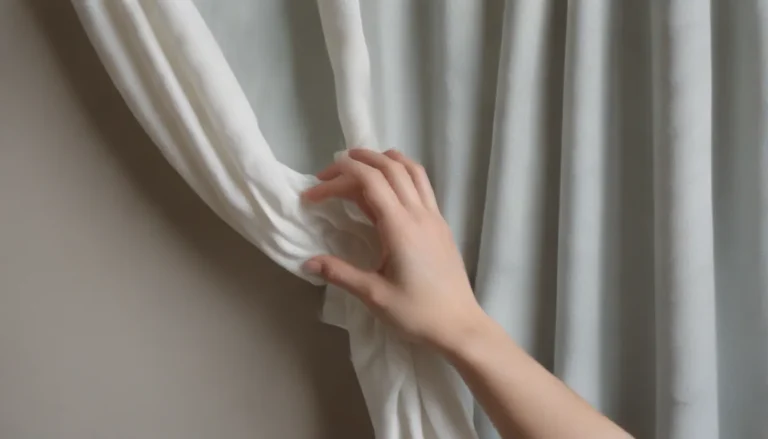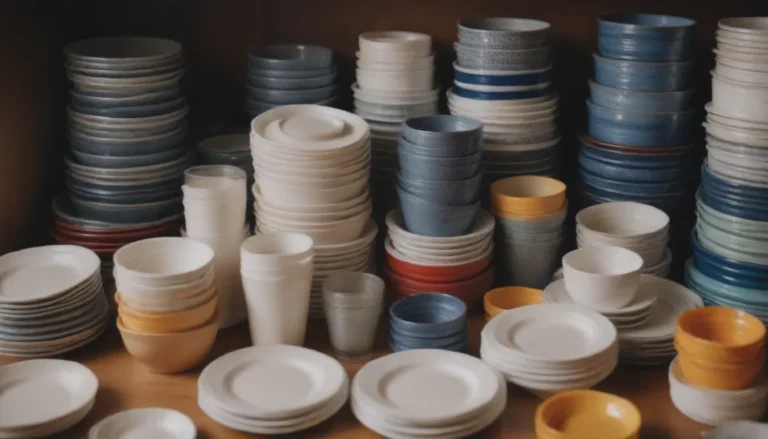How to Eliminate Unpleasant Household Odors for Good

Are you facing an unpleasant mystery smell lingering in your home? Whether it’s a pervasive stench or just a lack of that fresh, clean scent we all crave, it’s time to tackle the issue head-on. While scented candles and air fresheners can mask odors temporarily, the key to banishing bad smells for good is to identify and address their source. To help you in your quest for a fresh-smelling home, here’s an in-depth guide on common culprits behind household odors and effective solutions to combat them, ensuring a pleasant living environment for you and your family.
Common Causes of Household Odors
- Spoiled Food:
- Ensure dirty dishes are not left to pile up in the sink.
- Avoid keeping leftovers in the fridge for too long.
- Regularly take out the trash, especially before leaving for a trip.
-
Clean your trash can periodically to prevent odors.
-
Dirty or Broken Appliances:
- Clean the filter of your dishwasher regularly.
- Prevent mold growth in front-loading washers by keeping the door open to dry out.
- Clean the washing machine and dispenser areas to remove gunk buildup.
-
Address any issues with sewer or septic tanks promptly to prevent unpleasant smells.
-
Pet and Animal Odor:
- Groom and bathe pets regularly to prevent odors.
-
Address any animal-related odors from wild animals in vents by calling professionals.
-
Mustiness:
- Be mindful of humidity levels, especially in areas like the bathroom.
- Properly dry towels and workout clothes to prevent musty smells.
-
Check for leaks in your linen closet and wash and dry laundry regularly to avoid mustiness.
-
High Humidity and Mold:
- Monitor humidity levels in your home to prevent mold growth.
- Use a dehumidifier if necessary and seek professional help if mold is detected.
The Rotten Egg Smell: Understanding the Cause
Have you ever noticed a rotten egg smell in your home when using gas-powered appliances? This unpleasant odor is actually due to sulfur in mercaptan, which is added to natural gas to make it detectable by our noses. Understanding the source of this smell can help you differentiate between normal operation and potential gas leaks. If you detect a persistent rotten egg odor, seek assistance from professionals to ensure safety.
Taking Action: Strategies for a Fresh-Smelling Home
- Deep Cleaning:
- When in doubt, a thorough deep cleaning of your home can help eliminate hidden sources of odors.
-
Pay attention to often overlooked areas like carpets, upholstery, and vents.
-
Odor Neutralizers:
- Consider using odor-neutralizing products specifically designed to eliminate stubborn smells.
-
Baking soda, activated charcoal, and vinegar are natural alternatives that can help absorb and neutralize odors effectively.
-
Ventilation:
- Proper ventilation is crucial in preventing stale air and musty odors from lingering in your home.
-
Open windows regularly to allow fresh air to circulate and remove trapped odors.
-
Professional Assistance:
- If despite your best efforts, the source of the smell remains elusive, don’t hesitate to seek help from professionals.
- HVAC technicians, pest control experts, and mold remediators can provide specialized assistance to identify and address hidden odors.
Maintaining a Fresh Home Environment
Regular maintenance and proactive measures can help you keep your home smelling fresh and inviting. By addressing potential sources of odors promptly and implementing preventive strategies, you can enjoy a clean and pleasant living space for you and your family. Remember, a fresh-smelling home isn’t just about appearances—it contributes to a healthy and welcoming environment for all who dwell within.
In conclusion, tackling household odors requires a systematic approach and a keen eye for detail. By following the tips and strategies outlined in this guide, you can bid farewell to mysterious bad smells and create a refreshing oasis in your home. Don’t let unpleasant odors dictate the ambiance of your living space—take charge and transform your home into a welcoming sanctuary for all.





